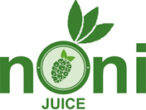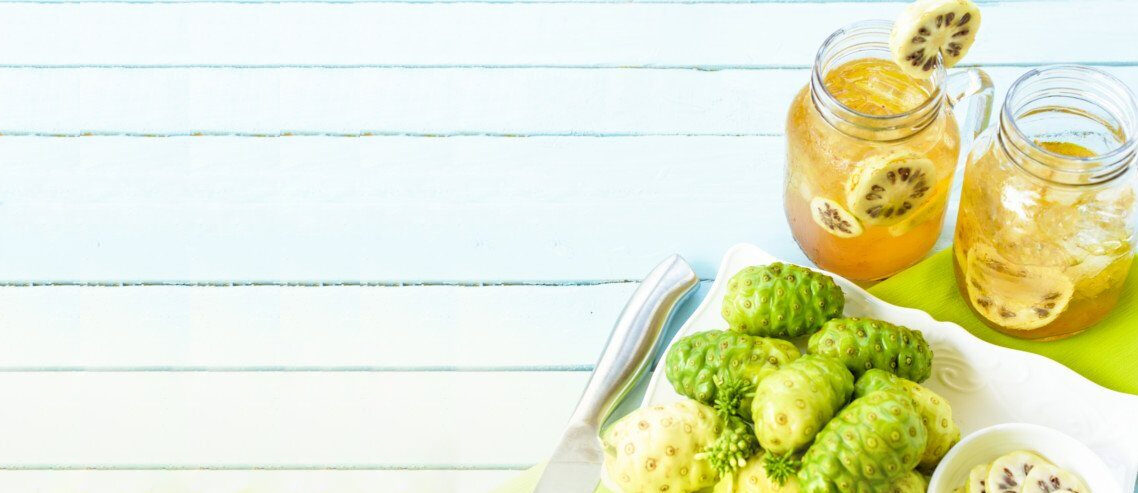Health Benefits of Noni Juice
Polynesian folk remedy poses certain health risks
Smoking and Inflammation
The anti-inflammatory effects of noni juice are often exaggerated by supplement manufacturers. There is one group, however, in whom noni juice may exert tangible benefits: Smokers.
The effect was greatest in heavy smokers with severe chronic inflammation (as measured by the C-reactive protein test). The findings, while promising, do not suggest that noni juice can mitigate the effects of smoking or that noni juice can render similar benefits in non-smokers. Further research is needed.
Possible Side Effects
There is some debate regarding the safety of noni juice for medical uses. While it is likely safe when consumed as a beverage, the overuse of noni juice or its extract may cause harm to the liver.
The noni plant contains anthraquinones, compounds found to be hepatotoxic (toxic to the liver) and carcinogenic. There have been several confirmed reports of liver injury, including hepatitis and liver failure, attributed to noni consumption.
Noni juice is high in potassium and should be avoided by people with kidney, heart, and liver disease as well as those taking potassium-sparing diuretics, angiotensin-converting enzyme (ACE) inhibitors, or angiotensin receptor blockers (ARBs). Doing so can lead to hyperkalemia (excessively high potassium levels).5
Similarly, if you have bleeding disorders or are taking blood thinners such as Coumadin (warfarin) or Plavix (clopidogrel), you should avoid using noni as it may further slow blood clotting.4 Noni juice is also high in sugar and should be used with caution in people with diabetes.
Noni may also interact with other drugs and treatments, such as phenytoin, the liver enzyme UGT (uridine 5′-diphospho-glucuronosyltransferase), and both chemo and radiation therapy.6
Due to the lack of safety research, noni should not be used in pregnant women, nursing mothers, or children.
Dosage and Preparation
There are no guidelines directing the appropriate use of noni juice. A study published in 2009 found that noni juice is safe up to 750 mL (or about 25 ounces of juice) per day.7
Typically sourced from the Tahitian or Hawaiian noni fruit, noni juice is available in many health food stores, usually in pasteurized or fermented juice forms. Noni can also be found in powder, tablet, extract, or capsule form, either online or in dietary supplement stores. Noni juice and supplements are intended for short-term use only.
What to Look For
Dietary supplements are not routinely tested for quality or safety in the United States. As a general rule of thumb, choose supplements from well-known manufacturers with an established brand presence. Try not to be swayed by health claims that may or may not be true.
If buying noni juice or extract, check to see how much sugar it contains. Noni juice is naturally bitter, so the juice will usually be sweetened with sugar, agave syrup, or some other natural or artificial sweetener.
Other Questions
Where can you find fresh noni fruit?
Unless you live in Hawaii, the Caribbean, or some other tropical region, it is unlikely that you will find noni fruit in the produce aisle. If you do, you can peel it and eat it raw (if you can bear the bitter taste). Other people will juice it or add it to smoothies. The fruit is ripe when is slightly soft and has a slightly yellowish skin.
Some people believe that fermented noni juice is inherently more healthy and will make it at home over the course of six to eight weeks. Unless you know how to properly pasteurize the fermented juice, it is best to stick with the bottled juices in stores.


